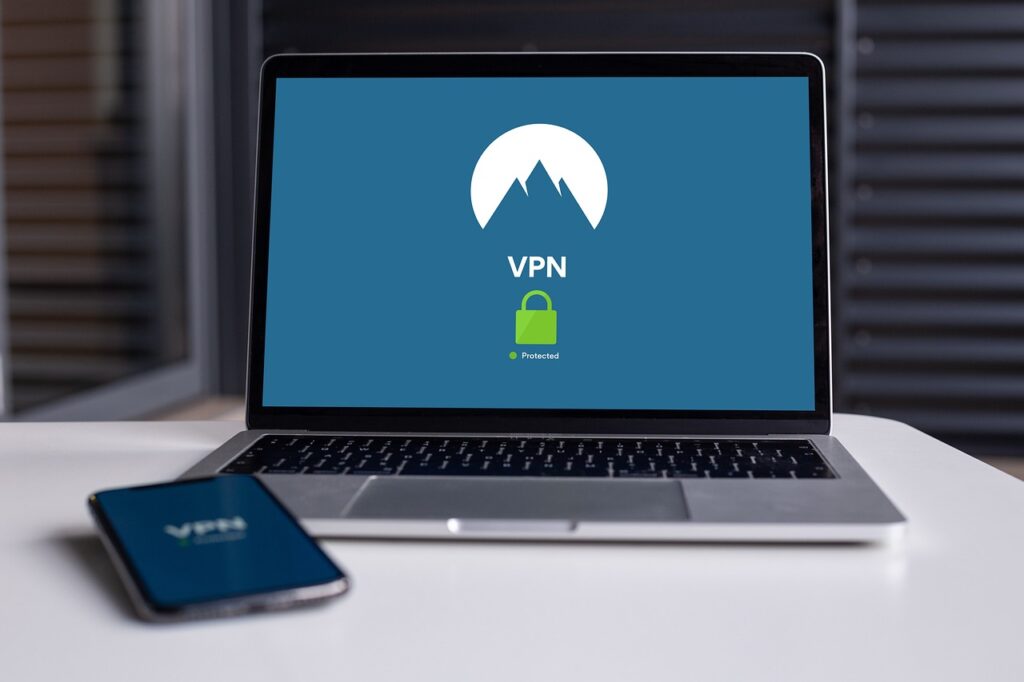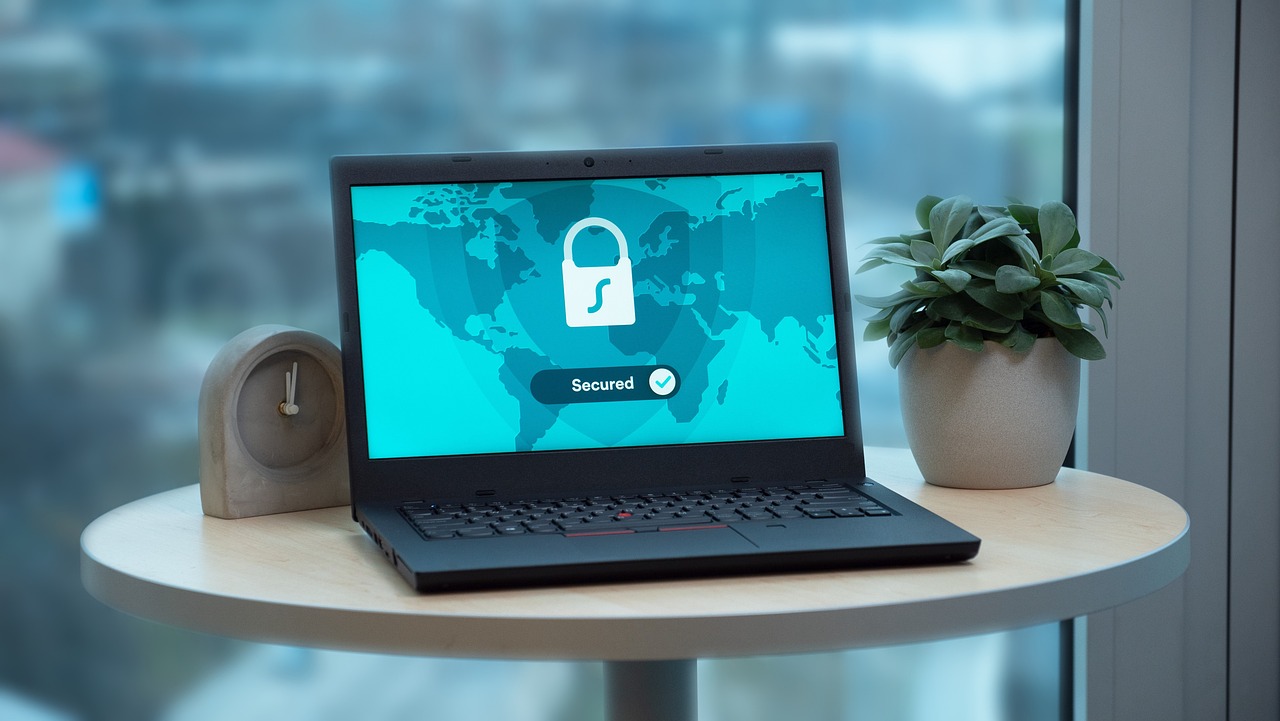In today’s increasingly connected world, therefore, protecting your online privacy has never been more important. Given the rise of cyber threats, data breaches, and growing concerns about surveillance, using a Virtual Private Network (Best VPN for Your Privacy) is one of the most effective ways to safeguard your personal information. However, with so many VPN options out there, you might wonder how to choose the right one for your privacy needs. In this guide, we’ll walk you through the key factors to consider when selecting the best VPN for you.
What Is a VPN and How Does It Protect Your Privacy?
Your smart phone and the internet may set up a safe, encrypted connection thanks to a VPN (Virtual Private Network). Consequently, this encrypted “tunnel” hides your IP address and prevents third parties, such as hackers or your Internet Service Provider (ISP), from tracking your online activities. Essentially, a VPN enhances your privacy and security while you browse the web.
Your internet data passes through a server based in another region when you login to a virtual private network (VPN). As a result, this masks your true location and allows you to access region-restricted content, such as streaming services or websites blocked in your country.
Key Reasons to Use a VPN
Using a VPN offers several privacy and security benefits. The points that follow are the primary things to think about:
- Protect Your Personal Data: A VPN encrypts your data, making it unreadable to cybercriminals or anyone attempting to intercept it.
- Secure Public Wi-Fi Networks: Public Wi-Fi networks are vulnerable to attacks. Thus, a VPN keeps your personal information safe, even on unsecured connections.
- Access Geo-Restricted Content: VPNs allow you to bypass geographic restrictions by connecting to servers in different countries. Therefore, you can access region-locked streaming services and websites.
- Avoid ISP Tracking: ISPs often monitor your online activity. However, a VPN hides your internet traffic, maintaining your privacy.
- Prevent Bandwidth Throttling: Some ISPs throttle (slow down) your internet speed based on usage. By encrypting your data, a VPN prevents this throttling, ensuring better performance.

How to Choose the Best VPN for Your Privacy Needs
Selecting the best VPN involves evaluating several key factors that determine its performance and privacy protections. Here’s what you need to consider:
1. Security and Encryption Protocols
The primary function of a VPN is to secure your data. Therefore, look for a VPN provider that uses AES-256 encryption, known for its robust security. It’s also crucial to choose a VPN that supports secure protocols like OpenVPN, IKEv2, or the newer WireGuard protocol. These protocols ensure that your data remains protected during transmission.
2. No-Log Policy and Data Privacy
Privacy is paramount when choosing a VPN. Some VPNs log user data, which could be shared with third parties or authorities. To avoid this, select a VPN with a strict no-log policy. This means the provider does not store any information about your online activities. Always review the provider’s privacy policy and verify if their no-log claims have been independently audited.
3. Server Network and Global Coverage
A broad server network enhances a VPN’s effectiveness. VPNs with servers in multiple countries provide more options for faster connections and better access to region-restricted content. Consequently, choose a VPN with a diverse server network to ensure smooth performance.
4. Speed and Performance for Streaming and Gaming
Due to the encryption, using a VPN might cause your internet connection to lag a little. However, premium VPNs offer high-speed servers that minimize this impact. If you frequently stream or game, select a VPN known for its speed and minimal buffering.
5. Additional VPN Features for Enhanced Security
Beyond basic encryption, consider VPNs that offer extra features to improve security and usability:
- Kill Switch: This feature disconnects you from the internet if the VPN connection drops, preventing exposure of your real IP address.
- Split Tunneling: Allows you to route some apps or websites through the VPN while letting other traffic connect directly to the internet.
- Multi-Device Support: Choose a VPN that supports multiple simultaneous device connections to protect all your gadgets.
Pricing and Subscription Options for VPNs
VPN services come in both free and paid options. Free VPNs often have limitations such as slower speeds, fewer server options, and potential privacy risks. Paid VPNs, on the other hand, generally offer better security, performance, and customer support. Consider your budget and the privacy features you need. Remember, investing in a good VPN often pays off in terms of privacy and security.

Why VPN Reputation Matters
Before choosing a VPN, research its reputation. Look for VPN reviews from trusted sources and check whether the provider has undergone independent audits. These audits verify that the VPN provider adheres to its privacy promises, including its no-log policy. Also, ensure the provider offers responsive customer support for troubleshooting and technical assistance.
Conclusion: Protect Your Privacy with the Right VPN
Choosing the right VPN may seem overwhelming, but focusing on key factors like security, privacy policies, server coverage, and speed can simplify the process. With the right VPN, you can enjoy peace of mind knowing your data is protected and your online activity remains private.
FAQs: Common VPN Questions Answered
- What makes a VPN secure?
- A secure VPN uses AES-256 encryption, supports reliable protocols like OpenVPN, and has a strict no-log policy.
- Can I trust free VPNs?
- Free VPNs often come with limitations and may log or sell user data. Paid VPNs offer better privacy protections.
- How can I test if my VPN is working?
- Verify your VPN by checking your IP address on a website like WhatIsMyIP.com. If it displays the VPN server location, it’s working.
- Does a VPN protect against hackers?
- Yes, a VPN encrypts your internet traffic, making it much harder for hackers to access your personal information.
- Will using a VPN slow down my internet speed?
- VPNs may reduce your speed slightly, but premium services offer high-speed servers that minimize this effect.
